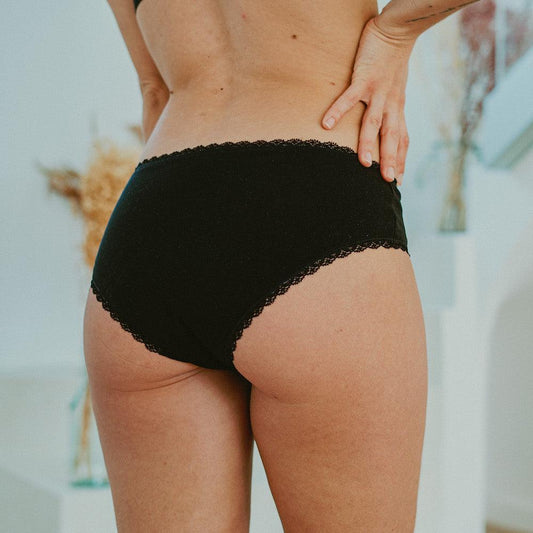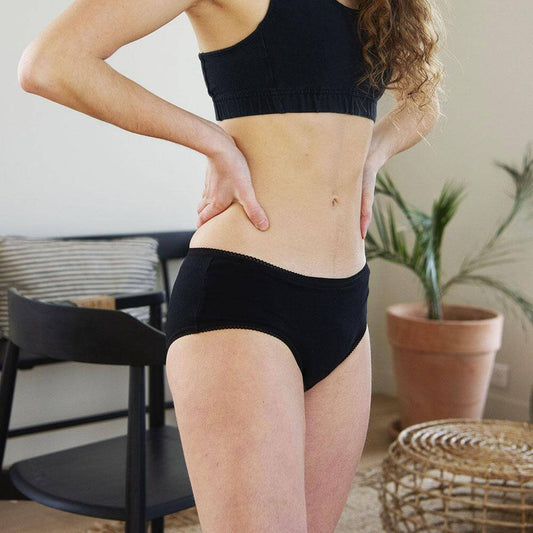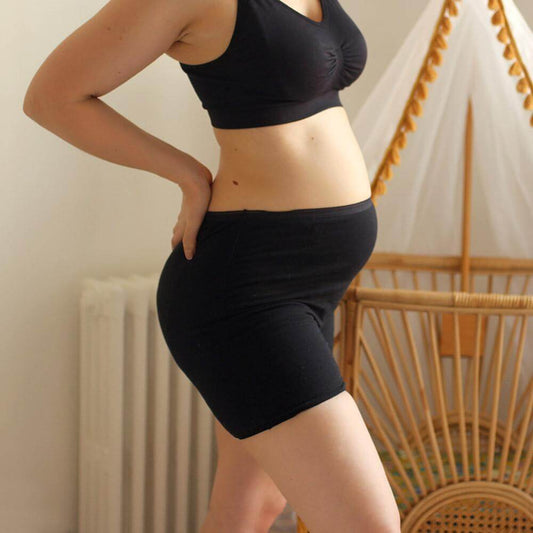What is an oocyte?
The oocyte is the female reproductive cell. Unlike men, whose sperm cells are renewed every three months from puberty onwards, women have a predefined ovarian reserve from birth, since it is built up in the mother's womb during pregnancy. As time goes by, this ovarian reserve diminishes. A woman over 40 will certainly be less fertile than a 25-year-old. The probability of a woman becoming pregnant is therefore directly linked to the quality and quantity of her ovarian reserve. Over the course of her life, a woman is considered to have around 400 follicles or eggs that will lead to ovulation.
How do I know if I should freeze my eggs?
In general, very few women worry about their ovarian reserves. Until now, people who were prescribed egg freezing were suffering from chronic illnesses such asendometriosis or cancer. The aim was to enable them to preserve their eggs in good quality and sufficient quantity before undergoing surgery or chemotherapy. In today's society, there are many reasons why women and couples decide to have children later than the generation of the 60s and 70s. More and more couples are finding it difficult to conceive, with infertility when it comes to conceiving a child. In recent years, some women have decided to resort to oocyte freezing in order to preserve their reproductive capacity over time and give themselves a better chance of conceiving when they decide to have a baby. Ovarian reserve can be determined by taking blood samples. An antimüllerian hormone (AMH) test should be prescribed by a doctor. AMH levels should be in equilibrium with your age. Low AMH levels may indicate ovarian failure. If AMH is too high, it could be a sign of polycystic ovary syndrome. A high level of follicle-stimulating hormone (FSH) may indicate ovarian aging. If inhibin B is low, you may have a follicular cohort, i.e. your follicles are maturing during the follicular phase. Finally, your estradiol level reflects the quality of your ovarian secretion.
When should I freeze my oocytes?
Unless you have an urgent clinical case, it's advisable to freeze your eggs as soon as possible, in order to harvest good-quality eggs in sufficient quantity. The legal age limit for egg freezing is 45. In addition, if you undergo examinations that reveal a low ovarian reserve, we recommend that you consult your gynecologist to discuss the matter.
What is oocyte freezing?
As explained above, oocyte freezing is a procedure designed to preserve fertility by vitrifying the woman's oocytes or eggs. It is authorized in France under certain conditions according to the 2011 law on bioethics. Freezing oocytes enables women to suspend their "biological clock".biological clock".
How does egg freezing work?
- First, an appointment is made to ascertain the patient's condition (couple, single, illness, etc.). A series of tests will be carried out, including a blood test and pelvic ultrasound, to determine the chances of a successful ovarian puncture. The patient will be informed of the risks involved in ovarian stimulation and oocyte retrieval.
- Ovarian stimulation begins on the first day of menstruation and lasts for 9 to 15 days. The aim of stimulation is to increase oocyte production and size, so as to obtain around ten mature eggs at the moment of ovulation. In a conventional cycle, only one egg is produced. To check that the treatment is working properly, your gynaecologist will arrange for ultrasound scans and blood tests to be carried out every two or three days.
- Ovarian stimulation involves the use of hormonal injections at set times every day of the treatment. It is important to follow your doctor's recommendations to the letter, as he or she will be able to give you the right hormones at the right dosage. Your ovulation may also be controlled by an injection of Ovitrielle.
- Approximately 36 hours after ovulation is triggered, follicles containing oocytes are punctured in the operating theatre under ultrasound control. The follicles are then harvested through the patient's vagina. Ovarian puncture can be performed under general or locoregional anesthesia.
Who can undergo oocyte freezing in France?
Oocyte cryopreservation is regulated by law. More specifically, Article L-2141-11 of the French Health Code governs this method. It states that "any person whose medical care is likely to impair fertility, or whose fertility is at risk of being prematurely impaired, may benefit from the collection and preservation of his or her gametes [...] with a view to the subsequent performance, for his or her benefit, of medically assisted procreation, or with a view to the preservation and restoration of his or her fertility."
Oocyte freezing is particularly suitable for women whose fertility is likely to deteriorate prematurely (before the age of 40) as a result of various treatments, such as chemotherapy.
Oocytes may also be frozen for donation. Childless women can then offer their oocytes for couples unable to have children. This possibility was opened up in 2016 and is strictly regulated by law.
Finally, it is possible to freeze oocytes through in vitro fertilization. In vitro fertilization (IVF) is a laboratory-assisted reproduction technique that involves reproducing fertilization with the aim of forming an embryo. After follicular puncture, female and male sex cells are placed together in a culture medium at 37°C in a sterile dish. In the case of ICSI IVF, a sperm cell is injected directly into the woman's follicle to create an embryo which is then transferred.
Changes brought about by the Bioethics Act
Since the bioethics law on medically assisted procreation, published in the Official Journal on September 29, 2021, the rules have changed in France: all women aged between 29 and 37 can resort to oocyte freezing, without any particular medical reason.
Elia accompanies you at every stage of your life, with a range of menstrual briefs exclusively dedicated to pregnancy and the post-partum period.










